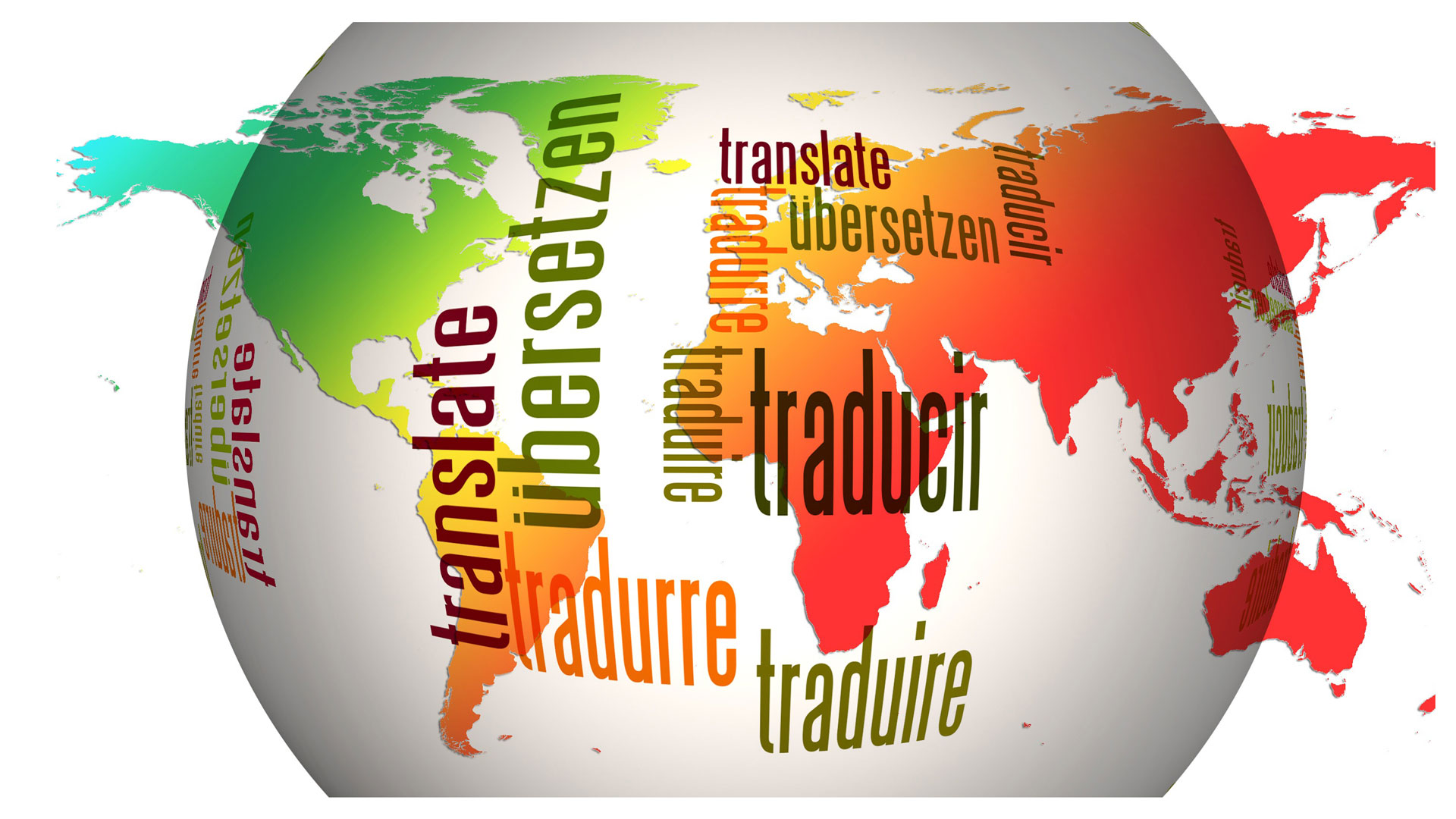
What am I missing?

Dr Glynn Jones
HudCRES
I have recently started looking more closely at ethnocentrism in teaching with particular reference to the subjects we teach international students. A common response from the students within the classes about learner-centred methodologies or communicative TESOL styles, for example, is that while the ideas are fascinating they would not transfer back to the systems ‘at home’.
This is far from being a new topic; there is some excellent research that reflects on teaching styles in order to adapt methodologies when working with students coming from different educational backgrounds. For example, Michele Schweisfurth’s book Learner-centred Education in International Perspective on the transfer of Learner-centred Pedagogies or Charlene Tan's article A Confucian Conception of Critical Thinking. These adaptations have the potential to help us reconsider how the methodologies and pedagogies transfer to other contexts. There is also a body of work about the difficulties of implementing learner-centred education or TESOL methodologies because of cultural differences and expectations, different resourcing and context.
In my research ...
I want to examine how our students feel about the transferability of topics. In tracing the citations of one key article I was presented with two further articles - one in Spanish and one in Korean - among many written in English. I realised that here was research and discussion that I couldn't directly be part of.
I was reminded that recently Lyn Boyd and I developed links with a network of colleagues across Europe aimed at the exchange of ideas about Youth Work Education. Our meetings and communications take place in English but occasionally reference is made to research which hasn’t been published in English (not all recent), ideas that had relevance and importance, that had taken our topic of discussion in a direction possibly yet to be followed in the English speaking world.
What discussion is in those Spanish and Korean articles? Am I missing out? Are they having conversations that are far more interesting, more rewarding than those I can take part in?
Maybe this is just a form of ‘fear of missing out’ but there seems to be an irony that in researching ethnocentrism in education I am being ethnocentric. Translation software is improving, but does changing the language also subtly change the meaning? What gets lost in translation?
The pressure to internationalise our work has been around for some time. We are encouraged to publish in international journals and form international research partnerships but I was wondering how international I can really be if I only see things through one set of words?